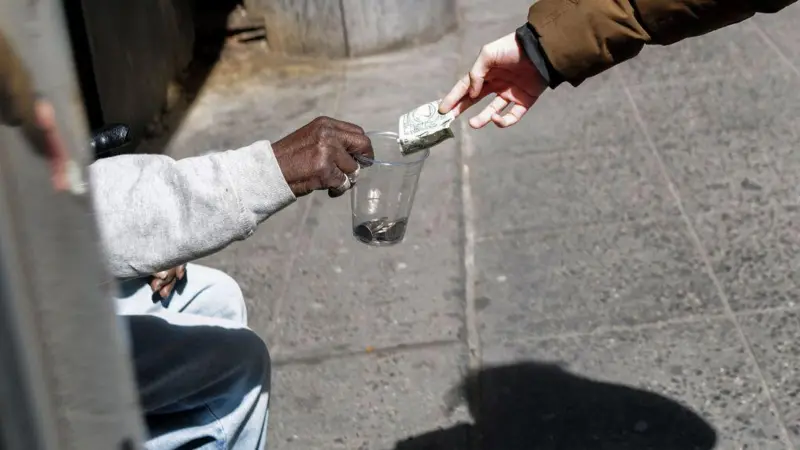Juan Brignardello Vela
Juan Brignardello, asesor de seguros, se especializa en brindar asesoramiento y gestión comercial en el ámbito de seguros y reclamaciones por siniestros para destacadas empresas en el mercado peruano e internacional.




A bill presented in the Congress of the Republic has sparked intense debate in the economic and political sphere of Peru. The proposal aims to authorize the Central Reserve Bank of Peru (BCRP) to buy gold from the domestic market in order to promote the formalization of mining in the country. However, this initiative has raised doubts and criticisms due to its possible implications on the autonomy and function of the BCRP, as well as on the management of international reserves. During its presentation to the Special Multi-Party Commission Capital Peru, the Central Manager of Economic Studies of the BCRP, Adrián Armas, explained that, while the measure could strengthen international reserves, it directly clashes with the organic law of the monetary entity. Armas pointed out that the autonomy of the Central Bank to carry out monetary operations would be compromised by having to buy gold, which would imply a liquidity injection and the expansion of primary issuance, contrary to the liquidity control principle that has governed the institution since the 1990s. The bill, presented by Congressman Jorge Luis Flores Ancachi, proposes that the BCRP acquire gold from legally established individuals and companies, paying in national currency and using the international quotation of the mineral as a reference. In addition, it establishes how the purchase, refining, and management of these gold reserves by the central bank would be carried out. One of the most controversial points of the proposal is the requirement for the BCRP to maintain a minimum of 25 tons of gold as international reserves semi-annually. However, Armas pointed out that a gold-producing country like Peru would require less of this mineral in its reserves, casting doubt on the effectiveness of this measure and the management of the country's reserves. It is important to highlight that gold is one of the main minerals produced by Peru, according to data from the Ministry of Energy and Mines. Gold production has experienced significant growth in the early months of the year, reflecting the importance of this sector for the national economy. Despite this, the country also faces the challenge of informality in mining, which has led to an increase in illegal gold exports in recent years. In response to this proposal, various specialists have expressed their concerns. Diego Macera, director of the Peruvian Institute of Economics (IPE), has pointed out that the initiative could affect the proper management of international reserves and the autonomy of the BCRP. Macera warns that forcing the central bank to engage in gold purchases and mining formalization would not be appropriate, as there are other entities more suitable to carry out these functions. In this regard, Macera suggests that, if the Congress decides to approve the project, it should be observed and, if it persists, declared unconstitutional. The discussion on the possible purchase of gold by the BCRP as a measure to promote mining formalization in the country will continue to generate debate in the coming days, while the implications and feasibility of this proposal in the economic and legal context of Peru are evaluated.
